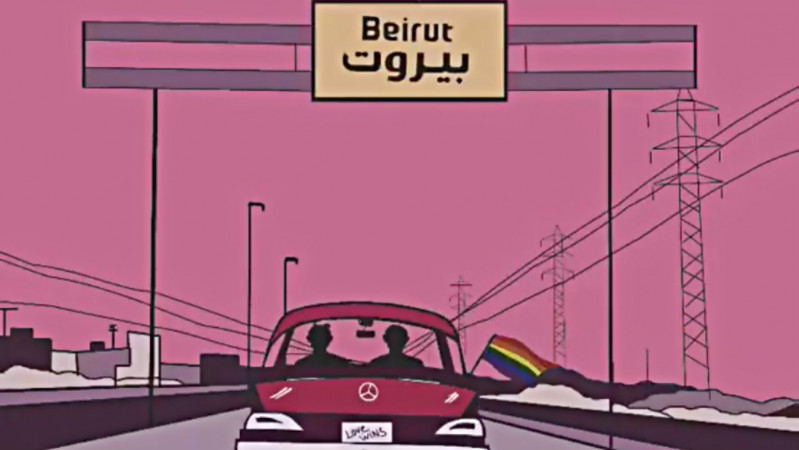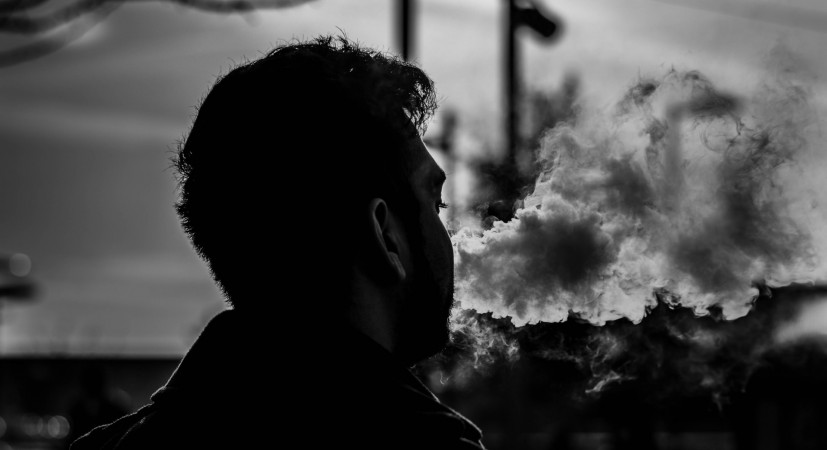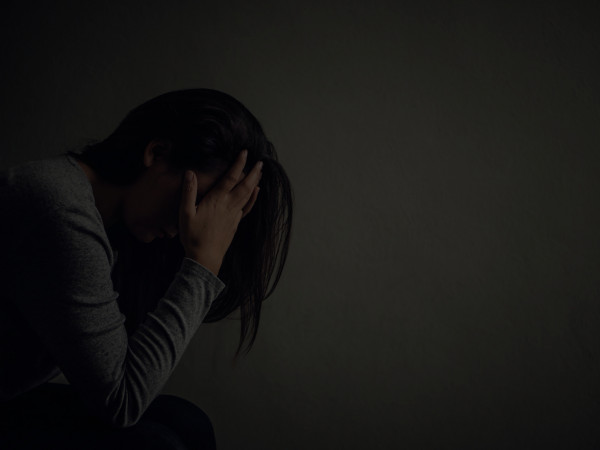Education in the worst trans rights country in the Caucasus
Loud voices: Education in the worst trans rights country in the Caucasus
31/May/24
5036
Loud voices: Education in the worst trans rights country in the Caucasus
Author: Alex Shah
In Azerbaijani schools, students are often taught a saying: 'The teacher is your mother, and the school is your second home.'
However, I haven't felt happy in my 'second home' for 11 years. My visible femininity, which emerged in 2013, coincided with my entry into the 1st grade.
I was in the same class as the girl next door, who was the same age as me. Despite being the only students who knew each other in the class, we couldn't sit together at all. We were somehow grouped by teachers without our permission during the games organized in free time at school. This grouping was solely based on assigned sex.
It was then that I began to understand that I was a man*, and there was certain folklore around this identity. I don't know why, but for some reason, despite growing up in a patriarchal society, within a heteronormative family, my actions and decisions never aligned with their values. I preferred making independent decisions and not conforming to the activities typically associated with male-identified children. Spending my free time talking and laughing with girls, and going home with them, came at a high cost for me.
My class teacher told my mother, 'Mostly your son laughs like a girl, his mouth open all the time, and hangs out with girls.'
By the order of my family, every move of mine was scrutinized in the classroom. I could only talk to my girl friend when the teacher wasn't in the room. Male-assigned children are raised by their families year after year with increasingly patriarchal values imposed on them. With each passing year, those children started to become more aggressive, violent, and harsher towards me.
But those children did not know that me and my identity would change over time.
As I grew up rejecting "masculinity," the symbol of power that society assigned to me, I began to attract more attention from those who upheld conservative values.
Frankly, I was not at all surprised when I found out why my elementary teacher unfairly graded me, refused to call on me to speak in class, and physically abused me. Some time ago, they told my mother, "Send your child to study in the district, he will see men there who can fix him." Their actions were aimed at mobbing me to change schools.
In Azerbaijani schools, locker rooms and toilets are typically assigned according to biological sex, with only two options available. When I was in elementary school, a classmate noticed I was alone in the toilet and intentionally urinated on my leg. Later, during class, I wrote on a piece of paper expressing my distress about his actions and my intention to report him to the teacher. However, my class teacher seized the paper from my hand, insulted me, and quickly kicked me out of the room. Following this incident, I refrained from using the boys' and girls' restrooms, a practice I continue to this day.
I was studying in the 6th grade. The first lesson was sports and I was late. Seeing that I was alone in the locker room, my sports teacher entered the room as if he was changing his clothes, he started undressing in front of me and staring at me. I immediately left the room and went to the hall.
As they move to higher grades, children develop a certain way of thinking and start standing up for it. Television, social networks, and family have a significant role in the formation of these values and beliefs. In a social environment, people accept and get used to what they see constantly, and over time, others become strangers to them. Therefore, the state should make everyone equally visible.
During the times of the pandemic, we were locked in our homes, spending more time in the digital world. In this particular period, I set out to explore myself. Threatened by ongoing severe transphobia, I found myself unable to openly embrace my identity as trans. Instead, I found peace in socializing with identities that face less marginalization and are less understood.
In 2021, I had to undergo conversion therapy with the pressure and cooperation of my school and family. This involved having my hormones checked, receiving psychological assistance, and undergoing normalization rituals led by religious people. Despite these efforts, they proved unsuccessful. As a last resort, my family saw transferring to a different school as a solution to change my environment. During that year, I had already begun my trans-feminine transition by growing out my hair at a time when I found myself in a new school.
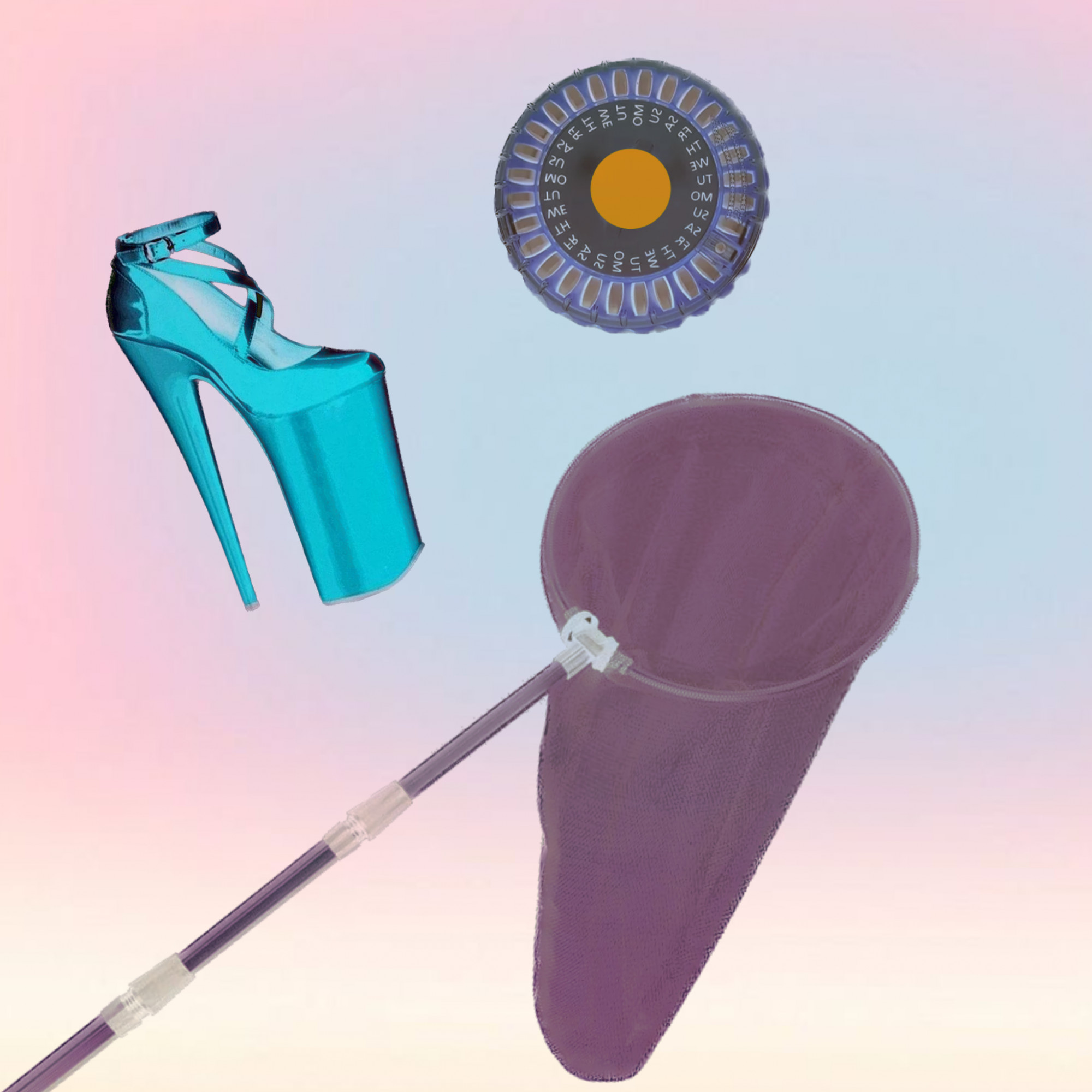
"You should move to Holland; it's a better place for people like you."
My arrival at the new school in 9th grade was met with significant reaction from both students and the teaching staff. My "long" hair, friendships with girls, dirty language, lack of conformity to traditional notions of masculinity, and interests different from typical "boy" stereotypes stirred irritation among certain individuals labeled as "vorzakon" and the teachers. These students continually harassed me in the corridors, isolated me to secluded areas, physically assaulted me, disrupted my classes, spread false rumors about me, engaged in hate speech, and sexualized me. As a result, I felt unable to even walk to the cafeteria, relying on my female friends to purchase food for me…
After I opened up about what had happened to me to the psychologist, they requested my personal information, assured me of their trustworthiness, and promised confidentiality for our discussions. Despite this, I provided false information, already distrusting the psychologist. The following day, he shared our discussions with my parents, class teacher, and the students. Later, I approached them to provide psychological assistance for my classmates and violent children in the school, only in return they interrogated my classmates asking, "Is Alex affiliated with some organization? Do they have control over Alex and encourage them to spread propaganda?"
The psychologist told me, "You should move to Holland; it's a better place for people like you."
How appropriate do you think it is to advise a 15-year-old student about migration in this situation? According to UNESCO's Global Monitoring of Education Report, 83% of trans students experience similar negative situations in schools.
"Small academies" operate in over 300 general educational institutions under the supervision of the Baku City Education Department. A "Small Academy" is a public association established within educational institutions, comprised of talented students interested in creative and scientific research, distinguished by their potential in these areas. These academies play a crucial role in identifying and supporting talented students.
In January 2022, I presented the project "In-class survey on addressing students' intra-school challenges" to Gulnara Huseynova, an employee of the Academy who also serves as the head of the Children's Union at the school. As a member of the academy, I had prepared this project. The project aimed to address the issue of students' hesitation to discuss bullying they face at school. To facilitate this, a questionnaire was designed for students to anonymously share their concerns. Unfortunately, the management team, focused solely on themes like "Homeland," "War," and "Turkish Brotherhood" throughout the year, promoting patriarchal values, showed no interest in this project. Gulnara Huseynova rejected the proposal, commenting that the project was unnecessary.
Despite students consistently voicing concerns about bullying in Azerbaijani schools over the years, addressing this issue remains a low priority for the management of School Number 225. Reflecting on it now, I realize that the true purpose of that project, my underlying goal, was to seek help for myself and to connect with others facing similar challenges.
Towards the end of 10th grade, my geography teacher once again verbally humiliated me, and my classmates even went as far as calling for my death. Faced with this situation, I decided to take action. I brought attention to the issue by filing a complaint with all relevant authorities. This marked the first time I actively fought against bullying, and it was also the first time my family and relatives became aware of the years of mistreatment I tolerated at school. However, the response I received from an official representative of the Ministry of Education was disappointing. I was told that because the law does not explicitly mention “sexual orientation”, they were unable to offer protection. Instead, I was advised to conform to the societal norm. Despite the public exposure of the incident, the outcome was minimal; the teacher received a reprimand, and the case was closed.
Five months later, I experienced physical abuse at school, a consequence of the marginalization of my trans identity and my advocacy for Pride Week at school. This incident happened during my 11th-grade year. In response, I decided to reject the fascist curriculum by boycotting classes.
“How will all of this impact my future? Have I received an education at all?”
Psychologist Ali Abbasov comments that the education system should be structured not only to yield high exam grades but also to develop many essential skills at the same time.
He advocates for educational environments that foster skills beyond subject-specific knowledge, emphasizing critical thinking, effective communication, social and emotional learning, and inclusion. Abbasov suggests implementing numerous programs dedicated to these skills. Additionally, he stresses the importance of establishing systematic intervention mechanisms to address behavioral issues like bullying, ensuring that every individual within the institution feels safe and secure.
"When a student is not in a safe environment and is exposed to harmful behavior from others in the school, they may exhibit a range of behaviors, from losing faith in the education system to self-harm. It's evident that none of these outcomes have good consequences for the student."
Abbasov notes that students facing such challenges are likely to experience feelings of sadness, anxiety, fear, and anger, leading to a decline in self-confidence over time. Moreover, there's a high likelihood that students who perpetuate harmful behaviors will extend them to other areas of their lives, potentially harming people outside of school.
"For these reasons, it's impossible to say that a student in an institution that neglects such fundamental needs is receiving a comprehensive education," emphasizes the psychologist.
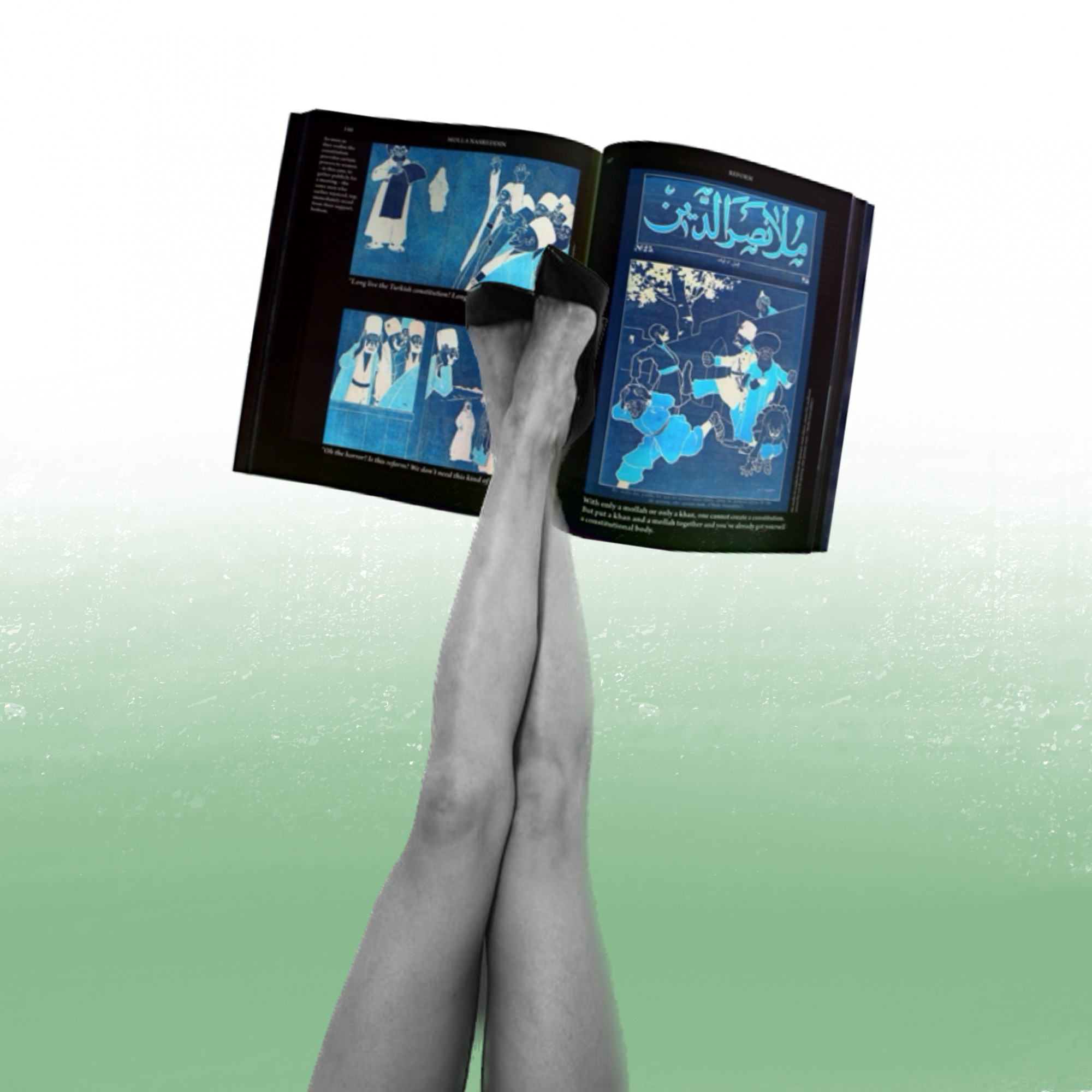
“There is no place for a third gender”
In 2019, during his speech at Baku State University, Ilham Aliyev commented that in the contemporary era, there is no differentiation between women and men. He emphasized our traditional societal norms and declared a commitment to not integrating such values.
Twenty-year-old Carmen Munadel is studying at Baku State University. Carmen identifies as a trans woman, yet the state officially recognizes her as male. Consequently, Carmen is inevitably subjected to discrimination. Munadel first realized her queer identity in the 2nd and 3rd grades. Although she identified as a trans woman in later years, she chose to socialize under the "gay" identity to minimize discrimination, particularly in the conservative region where she lives.
"It was scary to come out and identify myself as trans. Society's negative perceptions of trans people filled me with fear, especially when considering the transition process—I couldn't see myself going through it." Carmen, introverted and asocial due to years of bullying during her schooling, decided to be more open with her identity upon entering university. However, challenges persisted. "I often found myself in the bathroom, hiding my tears from others."
"Just last month, a stranger from the university entered our class and publicly humiliated me. When I questioned his actions, he responded, 'I wasn't referring it to you.' Later, when the teacher took attendance, I was purposefully counted among the male students. Unable to tolerate it any longer, I confronted the teacher: 'Regardless of the discrimination, such disrespect translates as systematic isolation against me.'"
The teacher justified Carmen's harassment by claiming it was normal since there were no trans students in their classroom during their own studies. Additionally, they defended their actions by adding, "Students are admitted to the school under male and female identities; there is no place for a third gender." Carmen's mental health is suffering from the ongoing bullying, worsening her academic progress. Bullying remains an unresolved and persistent issue in Azerbaijan, exacerbated by the absence of anti-bullying legislation or effective mechanisms in the country.
In 2021, Minister of Science and Education Emin Amrullayev shared the following statement on his social media account: "To combat school harassment (bullying), prevention mechanisms have been developed to identify cases of violence against students, register incidents, conduct investigations, and take necessary measures. These mechanisms will soon be implemented in schools."
Since that statement until today, trans students have continued to voice complaints regarding the lack of investigation and action taken against bullying incidents, bringing the issue to public attention. The Ministry's response to these cases often involves transferring the victimized trans student to another school, enforcing conformity with societal norms, and sometimes even advising the student not to attend school. Despite this ongoing problem, Azerbaijan has yet to implement an anti-bullying law or establish an effective mechanism to address such issues. Additionally, there appears to be a notable absence of discussions on this topic at the state level.
According to research conducted by Lala Mahmudova (Researcher), the use of queerphobic slurs and inappropriate language is alarmingly common among students in Azerbaijan, making it one of the countries with a high prevalence of queerphobia. Mahmudova emphasizes that due to the absence of statistical data in Azerbaijan, it's challenging to determine the extent to which incidents contradicting principles of social justice, such as violence, queerphobia, sexism, and hate speech, are widespread in schools today.
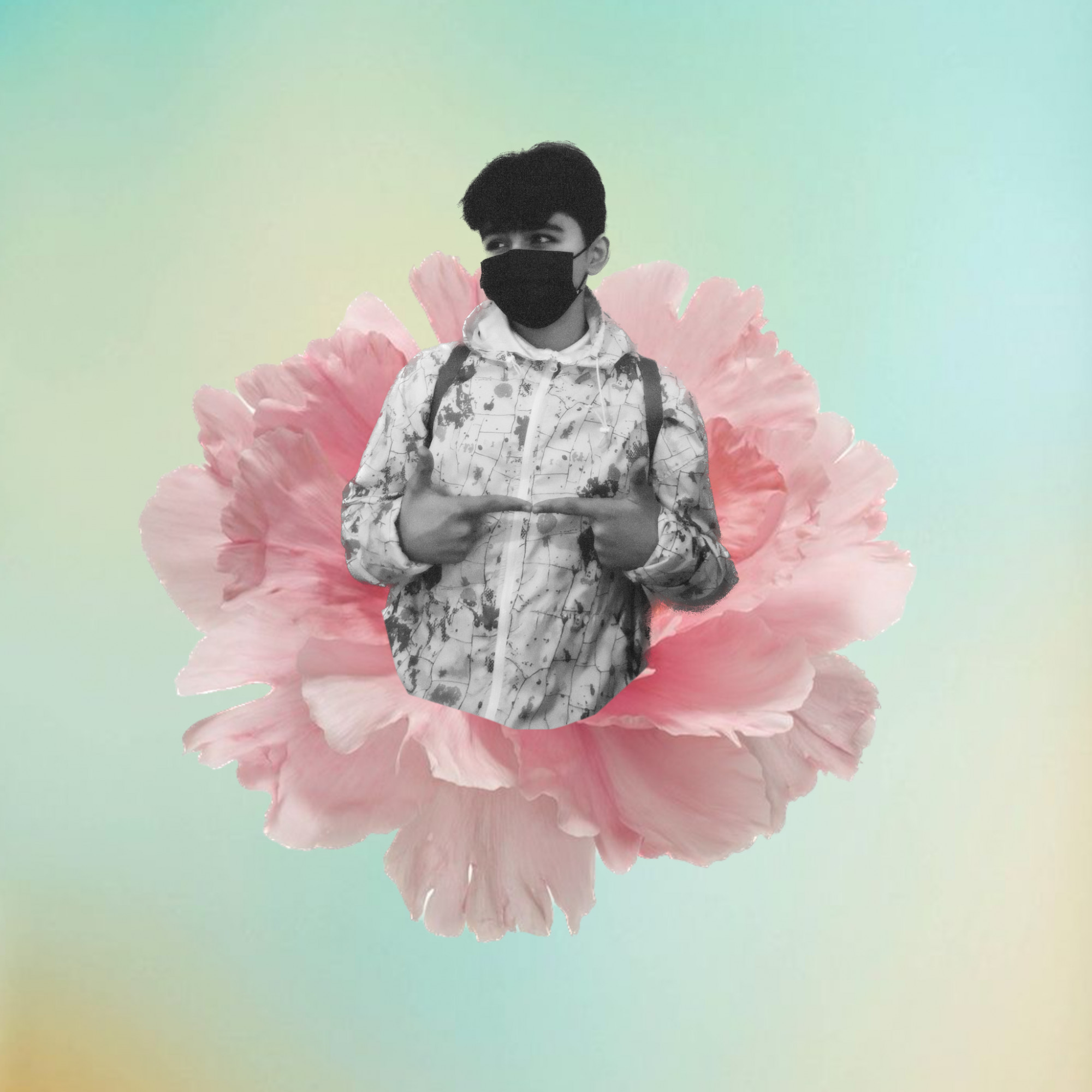
"Queers might exist, but they're only seen in cinemas."
Arts education has the potential to create an inclusive and supportive environment for trans students, as it inherently values creativity and individuality.
However, according to Miray Daniz, a trans woman studying film directing in Azerbaijan, this is not the case.
"In the first and second years, I was quite reserved, and as a result, the academic year didn't go well for me. This situation persisted until I changed my response to bullies. My teachers warned me that I could be killed outright in class, citing instances of other murdered trans folks. In the first semester of my third year, I began to confront discrimination. Unfortunately, this wasn't enough."
Due to persistent bullying, Daniz decided to speak up and complain to the dean. However, the dean's response was deeply unjust.
"The dean's response to me was to suggest that if I was being bullied, I should dress less feminine and wear makeup when I am outside the university. This approach mirrors the attitudes of many families towards trans people. They view our trans identity as a fetish, assuming that our feminine expression is solely for fetishistic purposes and a lot of things stem from there. When I challenged the dean, asking why he didn't focus on teaching his students proper behavior instead of restricting me, his response was disappointing. He stated that if any student in the group was being bullied, it was their own fault; they should conform to the group's dynamics and societal norms," Daniz emphasizes.
Miray expresses frustration over being frequently targeted by her teachers, experiencing misgendering and deadnaming, and receiving unequal treatment and respect. "I have noticed on numerous occasions that ultra-conservative teachers screen queer films in class. They often remark, 'There are queers, we understand them, but only in cinema.' It's disheartening that these teachers are solely interested in the directorial aspects of these films, completely disregarding the significance of our lives," she adds.
Agil Abdullayev, a 32-year-old queer artist, explores themes of queer representation, trauma, vulnerability, and escapism through the lens of public and private memory and thought. Abdullayev regrets the absence of queer visibility in Azerbaijani art education.
"The lack of LGBTQ+ representation in Azerbaijani art and cinema stems primarily from a combination of institutional censorship and widespread self-censorship. Unlike countries with strong institutional critique, Azerbaijan lacks critical discourse examining why LGBTQ+ representation remains limited in artistic and cinematic narratives. This absence of institutional critique weakens efforts to challenge the status quo and advocate for increased visibility and inclusion of LGBTQ+ themes and voices." Abdullayev notes that over the years, many queer artists in Azerbaijan have chosen to leave the country to pursue their art education and careers in more accepting cultural environments.
These stories highlight the pressing need for systemic changes within Azerbaijan's educational institutions. Schools must implement inclusive policies, offer training for educators, and establish a safe space for all students, irrespective of their identities. We must actively combat discrimination and transphobia and persist in advocating for the state to lead the way toward a fairer and more equitable future for trans students nationwide.
Powered by Froala Editor
